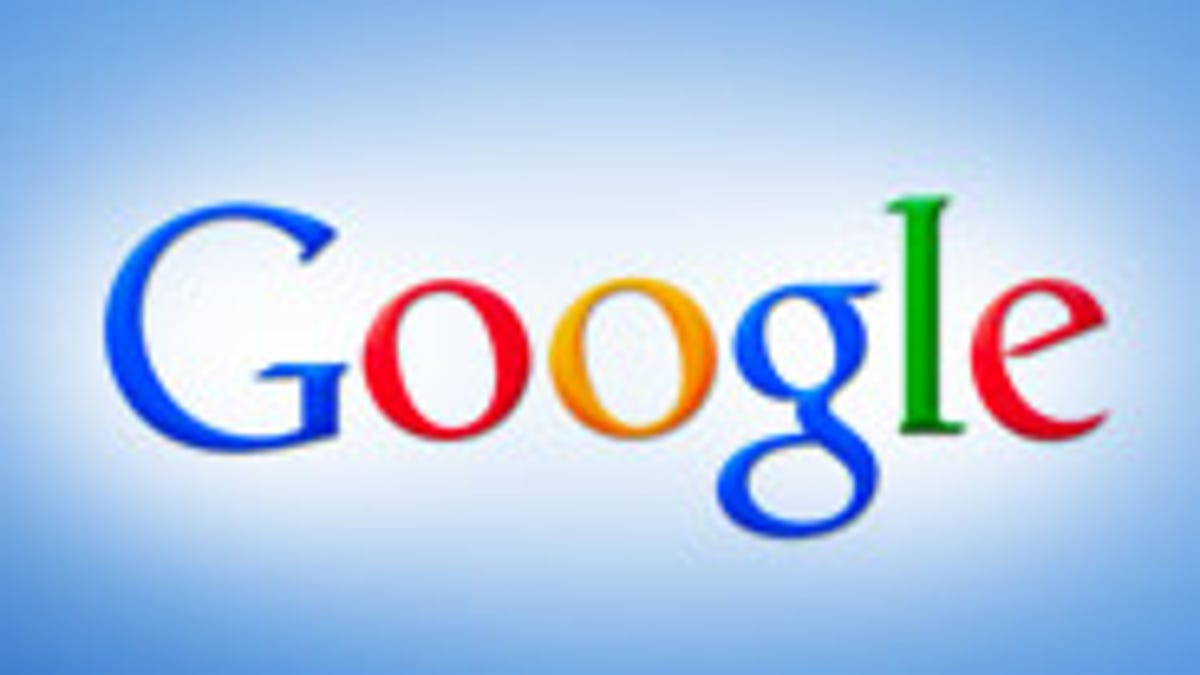Google typo may show just how the company felt about Wave
When the "From" address in e-mail from one of the world's largest tech companies has a typo, you have to wonder if it's a mistake or a Freudian slip.

When Google announced in 2010 that it would be "sunsetting" the Google Wave product, there were a lot of theories as to why the search giant was bailing out on the product.
Most people couldn't figure out what Wave was for, and Google did a lousy job of explaining it for them. Add to that the fact that Facebook and Twitter social mechanics became the norm and Wave didn't have much of a chance with its experimental user interface.
However, an e-mail sent to users today with a typo in the From address--"Google Wage" instead of "Google Wave" perhaps portends a deeper truth: that Google struggles to make money outside of its core advertising business. And maybe whoever sent the e-mail was making a not-so-subtle point.
This is not to suggest that the company isn't doing well, just that expanding beyond its core revenue stream in search is proving to be rather difficult. And while the market for online advertising, especially search-based advertising continues to grow, the mechanics associated with the way people see and interact with ads have moved from search-only toward more associative and discovery-oriented advertising based on user-profiling derived from new sources such as social networks and e-commerce visits.
Google+ has become an important focus area for the company as it tries to compete with Facebook, but continues to stay uninteresting to users, if still successful for Google's overall data aggregation strategy.
In the end this is likely just a typo, but it also shows that even the world's largest technology companies are as capable as the rest of us in making mistakes in their customer communications and maybe their overall strategy.

